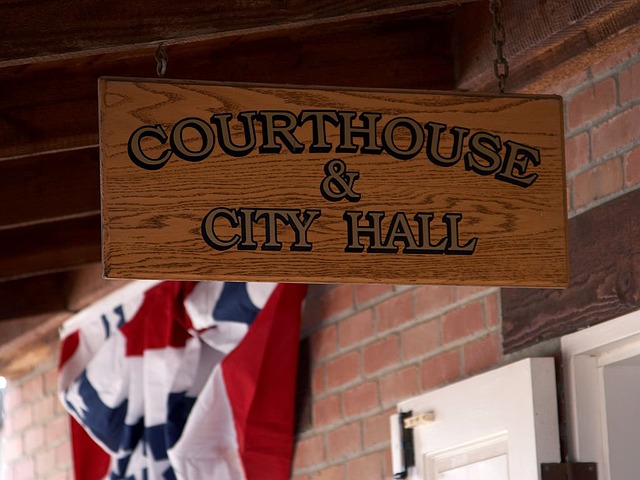Introduction
So, your neighbor’s tree smashed your fence, and they refuse to pay. Or maybe you lent money to a friend who suddenly forgot their Venmo password forever. Small claims court exists for these everyday disputes, and the good news? You don’t need a lawyer. Let’s walk through the basics, step by step.
What is Small Claims Court?
Small claims court is designed for resolving disputes involving modest amounts of money, typically ranging from $1,000 to $10,000 depending on the state. Think of it as “Judge Judy” without the TV cameras.
What Types of Cases Are Heard?
- Landlord-Tenant Disputes
- Security deposit refunds, property damage claims.
- Breach of Contract
- A contractor didn’t finish your kitchen remodel as promised.
- Property Damage
- That tree-through-the-fence scenario? Classic small claims material.
- Unpaid Debts
- Someone borrowed money and ghosted you.
How to File a Small Claims Case
1. Check Your Eligibility
- Verify the claim amount is within your state’s limit.
- Confirm the issue qualifies for small claims court.
2. Gather Evidence
- Contracts, photos, receipts, emails, and text messages are your best friends here.
3. File Your Complaint
- Visit your local courthouse or use online forms where available.
- Pay a filing fee, usually $30–$100, depending on the jurisdiction.
4. Serve the Defendant
- You’re legally required to notify the other party of the lawsuit.
- Hire a process server or use certified mail to deliver the paperwork.
How to Prepare for Your Day in Court
- Organize Your Evidence
- Make sure it’s clear, concise, and convincing. Use a binder or folder for easy access.
- Practice Your Presentation
- You’ll have limited time, so focus on the key facts. No need for a Netflix-style drama.
- Dress the Part
- Business casual is ideal. Look professional but approachable.
- Bring Copies of Everything
- The judge and the other party need their own copies of any evidence.
The Courtroom Experience
- Check In Early
- Arrive 30 minutes before your hearing.
- Pro Tip: Observing other cases can help you understand the process.
- Stick to the Facts
- Be polite and avoid emotional outbursts, no matter how frustrating the defendant may be.
- Follow the Judge’s Instructions
- Speak when spoken to, and address the judge as “Your Honor.”
What Happens After the Verdict?
- If You Win
- The court will issue a judgment in your favor. Collecting the money, however, is your responsibility.
- If You Lose
- You can often appeal, but this may move the case to a higher court with stricter rules.
Tips for Success in Small Claims Court
- Keep It Simple
- The court appreciates straightforward cases without unnecessary theatrics.
- Be Respectful
- Judges are more likely to side with calm, reasonable plaintiffs.
- Know the Rules
- Each state has its own procedures, so research local laws and guidelines.
Conclusion
Small claims court is an accessible way to resolve disputes without breaking the bank. With the right preparation and a bit of confidence, you can present your case like a pro and get the justice (and cash) you deserve.




Leave a Reply